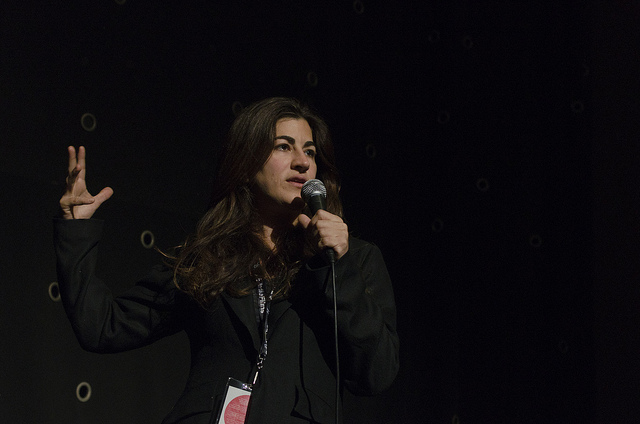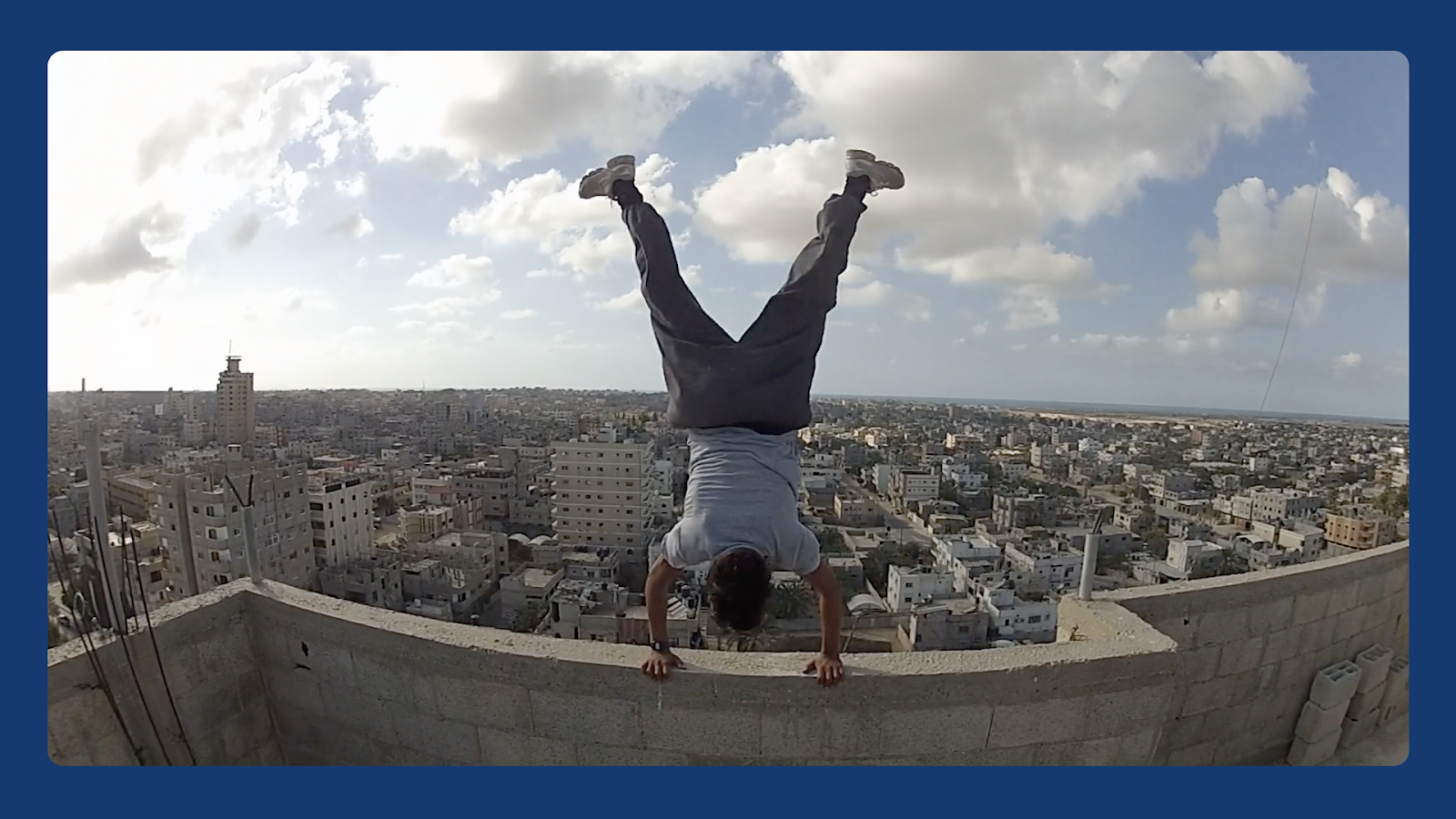The Square: The Battle for Freedom on Cairo’s Streets

This post was written by DOC NYC blogger Krystal Grow

Tahrir Square has been the epicenter of a political movement that has seen the downfall of two dictators and the rise of a protest culture in Egypt that refuses to be repressed. After 30 years of crushing authoritarian rule, the young people of Cairo took to the streets, and director Jehane Noujaim followed them through every cloud of tear gas, every spray of bullets and every wave of revolution in THE SQUARE.
The film, which is currently banned in Egypt, documents the explosive events that encompassed the last two years of political unrest through the outward battles and internal conflicts of a group of young revolutionaries. Noujaim exposes not only the deep seeded discontent of the Egyptian people, but shows their struggle for fundamental human rights with shocking and brutal footage.
On Feb.11, 2011, Egyptian President Hosni Mubarak resigned in response to massive protests in Tahrir Square, a historic victory that was shortly undermined by the regime that remained in power. A sit-in was staged in the square that spring, and a community was built among these demonstrators. A wave of solidarity swept through the country, which had for centuries been divided by class, religion and politics. But a rift in that unity rippled through the movement in the summer of 2011, when the Muslim Brotherhood arrived at the Square.
“These are dark and divided times in Egypt,” Noujaim said after Sunday’s DOC NYC screening of the film. “We were set up two minutes away from the square and were following these 8 characters and focusing on the moment when young people began using physical space as a vehicle for political protest.” A demonstration in front of the state media headquarters erupted into violence, pushing the protestors and their adversaries to a breaking point. The people appear on camera after their battles bruised, bloody and shaking with rage, but never accepting defeat.
As the riots intensified, the youth of Egypt took to cell phones and social media to broadcast their war cries. “As long as there’s a camera, the revolution will continue,” said Ahmed Hassan, one of the primary subjects of the film. “This whole thing came together in the square,” Noujaim said. “We were working with a small crew of revolutionaries who had never made a movie before. They were all learning as they were doing it and as things were exploding in the streets.”
THE SQUARE gains urgency and relevance as things continue to unfold in Egypt. The revolution rose again this summer with the downfall of Muslim Brotherhood leader and elected president Mohammed Morsi, which led to another round of violent clashes in the streets of Cairo. “Every decision we made was in the moment, and in a way was making or breaking the revolution,” Noujaim said to the audience at the IFC Center after the screening. “But you are all here and you seeing this film is what will make it unstoppable. You’re all part of the revolution now.”

